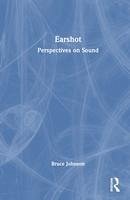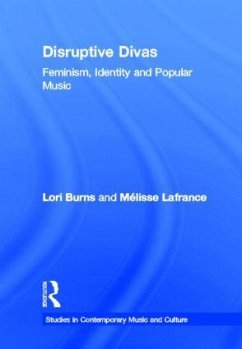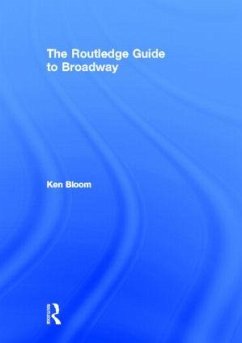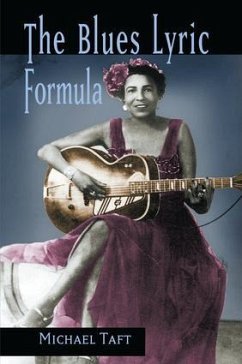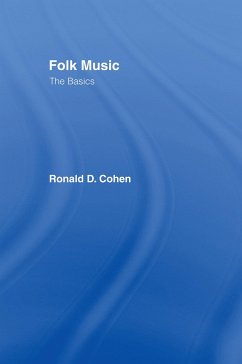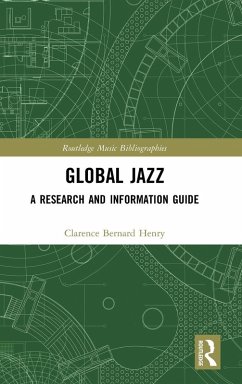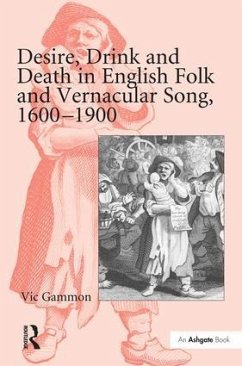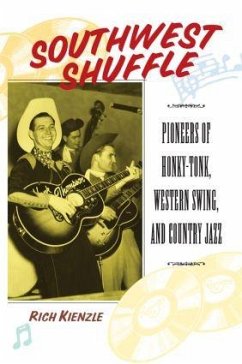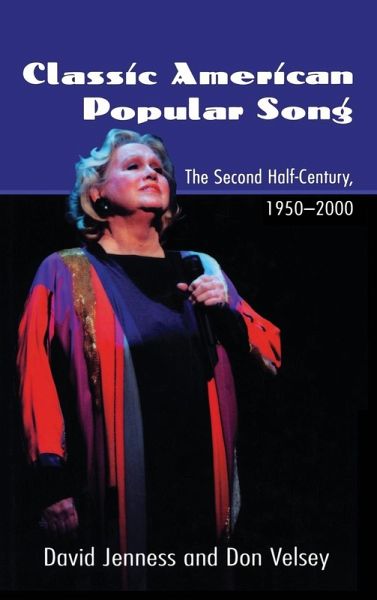
Classic American Popular Song
The Second Half-Century, 1950-2000
Versandkostenfrei!
Versandfertig in 1-2 Wochen
64,99 €
inkl. MwSt.
Weitere Ausgaben:

PAYBACK Punkte
32 °P sammeln!
Classic American Popular Song: The Second Half-Century, 1950-2000 addresses the question: What happened to American popular song after 1950? There are numerous books available on the so-called Golden Age of popular song, but none that follow the development of popular song styles in the second half of the 20th century. While 1950 is seen as the end of an era, the tap of popular song creation hardly ran dry after that date. Many of the classic songwriters continued to work through the following decades: Porter was active until 1958; Rodgers until the later 1970s; Arlen until 1976. Some of the g...
Classic American Popular Song: The Second Half-Century, 1950-2000 addresses the question: What happened to American popular song after 1950? There are numerous books available on the so-called Golden Age of popular song, but none that follow the development of popular song styles in the second half of the 20th century. While 1950 is seen as the end of an era, the tap of popular song creation hardly ran dry after that date. Many of the classic songwriters continued to work through the following decades: Porter was active until 1958; Rodgers until the later 1970s; Arlen until 1976. Some of the greatest lyricists of the classic era continued to do outstanding and successful work: Johnny Mercer and Dorothy Fields, for example, continued to produce lyrics through the early '70s. These works could be explained as simply the Golden Age's last stand, a refusal of major figures to give in to a new reality. But then, how can we explain the outstanding careers of Frank Loesser, Cy Coleman, Jerry Herman, Jerry Bock and Sheldon Harnick, Fred Kander and John Ebb, Jule Styne, Alan Jay Lerner and Frederick Loewe, and several other major figures? Where did Stephen Sondheim come from? For anyone interested in the development of American popular song -- and its survival -- this book will make fascinating reading.





